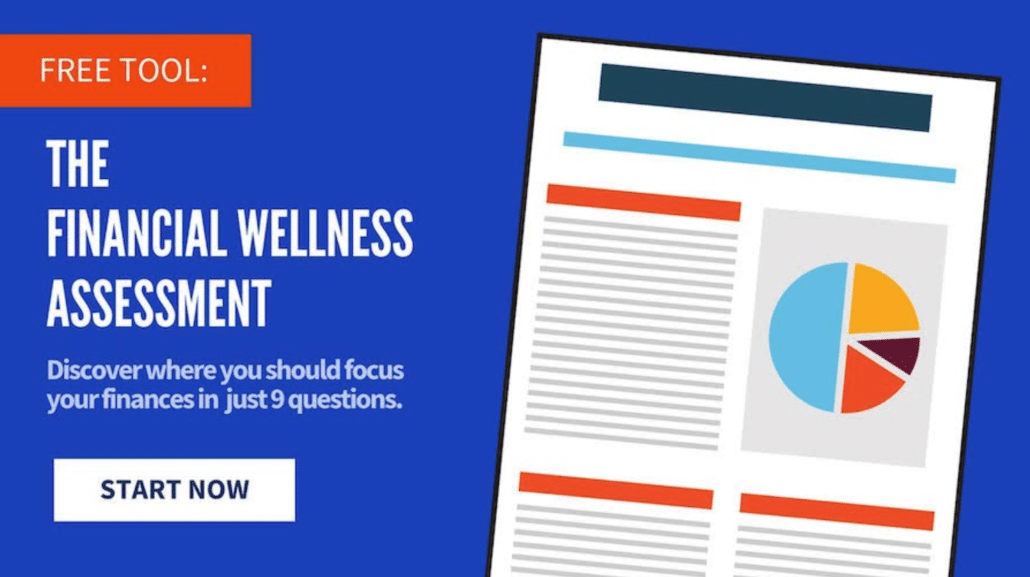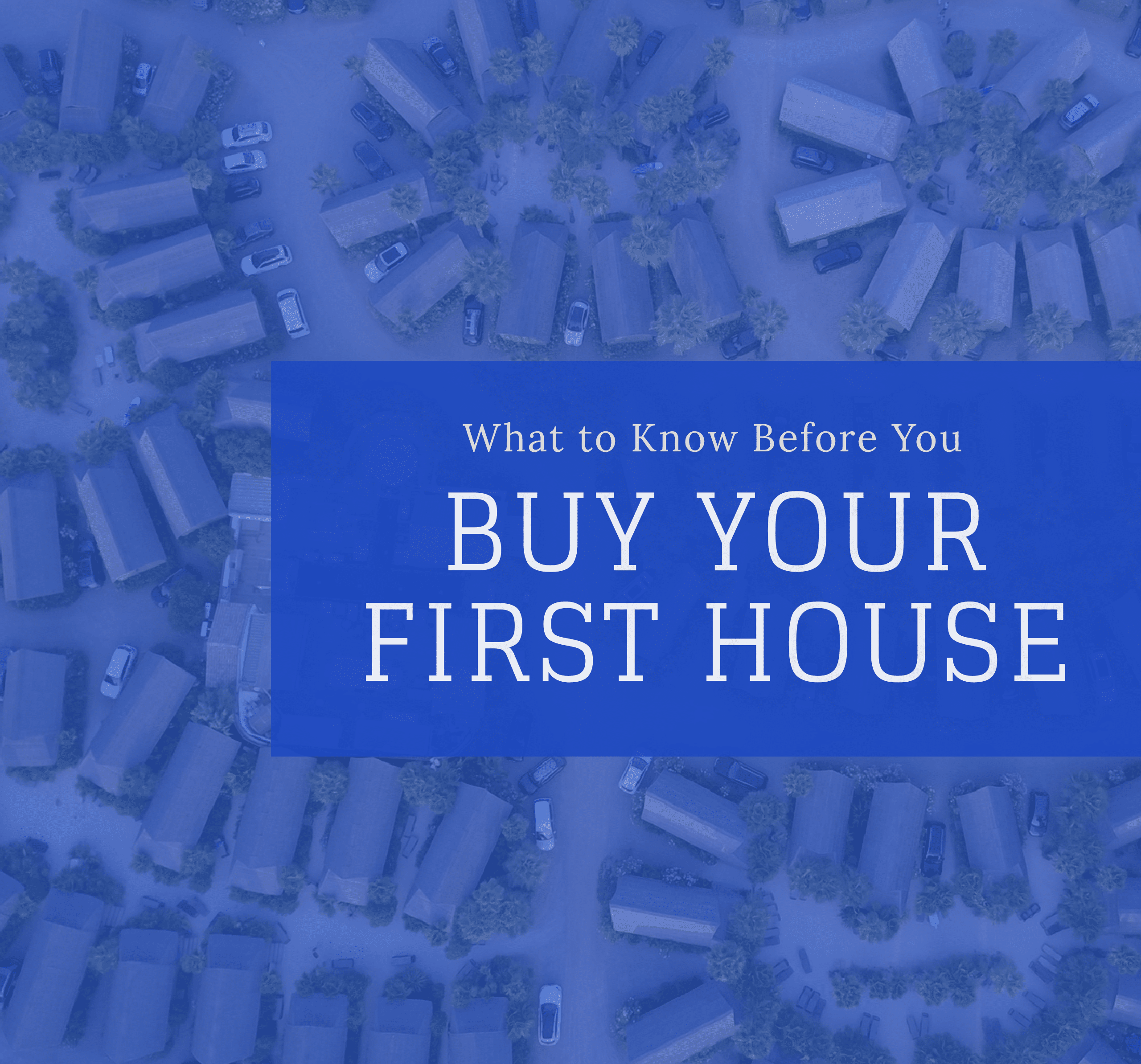Owning a first home is an exciting prospect. It has long been part of the quintessential American Dream.
While buying your first house comes with many intangible benefits that are difficult to quantify, there is a financial aspect you must consider. A home and its mortgage will likely be the biggest items on your balance sheet as a first-time homebuyer. The math needs to be taken seriously, and that math usually indicates the idea of a starter home as an “investment” is more myth than reality.
Here are four reasons you might be better off renting and saving the money that would have otherwise been spent to buy your first house.
You Probably Won’t Build Equity When You Buy Your First House
You probably won’t build equity in your starter home. Many first-time homebuyers purchase a starter home after paying rent every month for years. They don’t want to keep “throwing money away.” The idea that you’re wasting money comes from the fact that you’re building equity in someone else’s property, not your own. But you’re unlikely to build much equity in a starter home yourself unless you stay in the house for seven to 10 years.
There are two issues with this: For one, most of your mortgage payments will go to interest rather than principal in the early years of a typical mortgage. And two, most people overestimate the length of time they will stay in a starter home.
Getting married, having a family, moving to a new city or changing careers are all common life events that happen around the same time you might be buying your first house. Those changes can turn a once-ideal home purchase into a bad financial decision by simply shortening the time you spend as the owner of the property.
You’re Unlikley To Turn A Profit From Price Appreciation
You’re unlikely to turn a profit from price appreciation. Many people don’t realize the gains in housing prices mostly come from inflation. Most homes actually depreciate over time when adjusting for inflation, but the problem is compounded further when you consider all the expenses you incur with a starter home.
Right upfront, you’ll be out a lot of cash just to complete the transaction–you’ll owe closing costs, agent fees, financing fees and more. You also can expect to pay for regular maintenance, repairs, replacements and renovations. Once you look at the amount of cash you pour into a property you own, you can see how difficult it truly is to come out ahead on a starter home.
Homes Lock In Your Cash
Homes are illiquid and indivisible. Speaking of cash, yours will get locked up in your home’s equity for as long as you own it. That’s because houses are illiquid assets. Unlike the liquid assets on your balance sheet, homes are indivisible–you can’t slice off a piece of your kitchen and sell it to get cash.
If you want to tap into whatever little equity you can manage to build in your starter home, you have to refinance your mortgage to take the cash out or borrow through a home-equity line. In both cases, it takes time to access the money and the access to funds come at a cost.
Houses Lack Diversification
A single home lacks diversification. If you’re going to call a starter home an investment, it’s not a very good one considering it’s a highly concentrated bet on a single neighborhood, in a single region of a single country. Compare that to Vanguard’s Total World Stock ETF (VT), for instance, which has 9,045 holdings across all sectors of 42 countries.
For people who are past the starter phase, and think they’ll be staying in their homes for a long time, the math is obviously different. Those people will be owning their homes long enough to pay off principal, take advantage of inflation and hopefully have other assets so the home isn’t where most of their wealth is concentrated.
And, of course, you may still want to buy a starter home despite all the negatives. Just don’t call it an investment.
Did you buy your first house? Did you begin with a starter home or go straight to your dream home? I’d love to hear in the comments.
…
RESOURCE: Do you want to make smart decisions with your money? Discover your biggest opportunities in just 9 questions with my Financial Wellness Assessment.

This post first appeared on the Wall Street Journal: Four Reasons Why a Starter Home Is a Bad Investment















Having been a builder and re-modeler for over fifty years it’s about time someone told buyers the truth. Big thank-you! My builder father would teach us that an investment has a real return after all the bills are paid and you collected all the rents due. It most take in income which is different from living in your own home. If you remodel, at builders out of pocket cost, you can increase the value of a real estate asset by more than you spent. Owning a home is like any other hard asset. Taxes, maintenance cost and replacement of major items will eat into any gains you may make in most parts of the country. Areas also fall out of favor causing value to go down.
I’m glad you enjoyed the article. Thanks for reading.